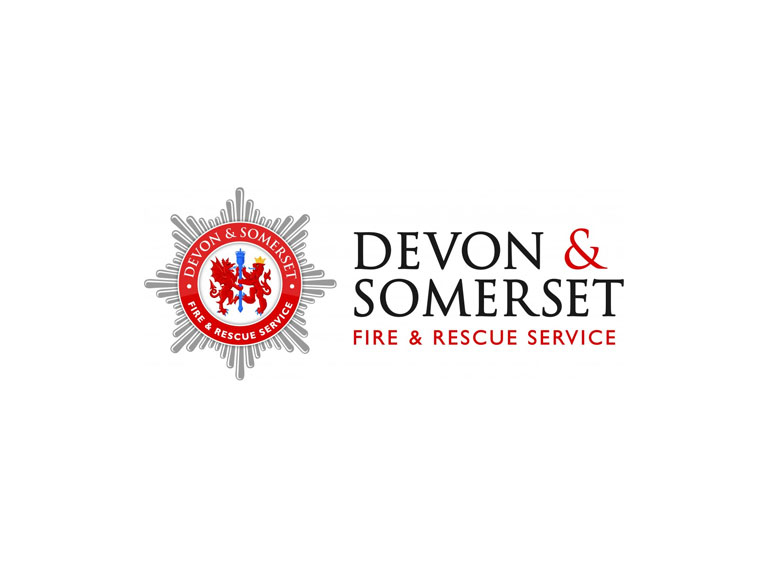
The report has been compiled using research data from a total of 88 deaths from 2008 to 2013.
The results show that there are seven common factors in most fire incidents resulting in death, which are one or more of the following:
Station Manager Andy Justice, Fire Investigation Manager for Devon & Somerset Fire & Rescue Service, who co-ordinated the research, said: “The facts show that accidental fires in the home affect those most vulnerable and all too often are already known to other agencies.
“All the agencies involved have to work even more closely together to identify and then help those most at risk from dying in a fire.”
In half of the cases researched, more than one of the factors was present, while in an additional 30%, one factor was present.
The most common factor was that the victim lived alone, which was identified in 47 of the 88 cases (53%).
HM Coroner Ian Arrow, who endorsed the research work, said: “The identification of the seven factors in home fire deaths will prove invaluable in identifying high risk individuals, who would benefit from inter-agency intervention.”
The research work was undertaken by the Chief Fire Officers Association (CFOA) South West Fire Investigation Group.
The research also identified the following facts:
Station Manager Justice added: “Fire and rescue services can visit the homes of vulnerable people to provide advice and appropriate equipment to reduce the risk of fire.
“We would urge organisations which work with people affected by any of the seven factors identified to contact their local fire and rescue service to find out how we can help.”
Hi, I am Dave, I run thebestof Exeter along with my colleagues. If you want to promote your business or event, get in touch with us on 01392 349 130.
The following Cookies are used on this site. Users who allow all the Cookies will enjoy the best experience and all functionality on the site will be available to you.
You can choose to disable any of the Cookies by un-ticking the box below but if you do so your experience with the Site is likely to be diminished.
In order to interact with this site.
To show content from Google Maps.
To show content from YouTube.
To show content from Vimeo.
To share content across multiple platforms.
To view and book events.
To show user avatars and twitter feeds.
To show content from TourMkr.
To interact with Facebook.
To show content from WalkInto.